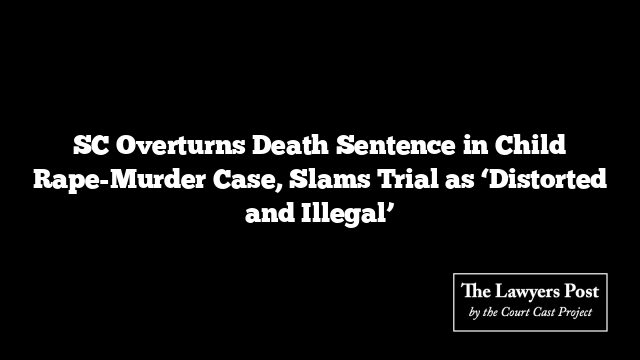In a sweeping affirmation of constitutional vigilance, the Supreme Court has ruled that High Courts can strike down subordinate legislation on their own motion—without any formal challenge—if such rules blatantly infringe on fundamental rights or violate binding precedents.
Subordinate laws—rules made by the executive under the shadow of primary legislation—are often presumed valid. But that presumption, the top court clarified, is not immune to constitutional scrutiny. If a rule operates in flagrant defiance of the Constitution, Writ Courts are not just empowered, but obligated to act—even if no petitioner knocks on their doors.
“It is not only about protecting rights when someone comes seeking shelter,” the court stated. “It’s about defending the rights of those who haven’t even realized they’ve been wronged.”
The case at hand stemmed from a Patna High Court decision that took down the Bihar Chaukidari Cadre (Amendment) Rules, 2014. The rule allowed a retiring chowkidar to hand over his job to a family member—a hereditary appointment scheme the High Court found to be a constitutional misfit, clashing head-on with Articles 14 and 16, which guarantee equality and fairness in public employment.
Interestingly, there was no formal petition challenging this rule. The High Court acted on its own volition. This prompted the Bihar Rajya Dafadar Chaukidar Panchayat (Magadh Division) to escalate the matter to the Supreme Court, claiming the High Court had overreached.
But the apex bench, led by Justices Dipankar Datta and Manmohan, wasn’t swayed.
The Supreme Court stood firmly behind the High Court, noting that the absence of a formal plea doesn’t handcuff a constitutional court when an “egregious” violation is apparent. What matters is not the procedural route, but the constitutional rot being addressed.
“The power to act suo motu is not some exotic exception—it resides inherently in all Constitutional Courts,” the bench declared. “But yes, it must be used with restraint. Not every minor misstep calls for this hammer. Only those instances that shout injustice.”
The ruling also emphasized that while subordinate legislation has a veil of validity, it is thinner than that draped over primary legislation. Because these rules don’t pass through the crucible of democratic debate in Parliament, they warrant sharper judicial inspection, especially when individual rights hang in the balance.
The judgment acknowledged that different factors influence how stringently a rule is examined: What kind of rule is it? How much does it stray from its parent law or the Constitution? How was it enacted? Who does it affect, and how deeply?
Ultimately, the Court dismissed the appeal, underlining that the High Court was right to act—because justice, sometimes, can’t wait for a petition to be filed.
In a striking footnote, the judgment offered a sobering reminder: Even after nearly eight decades of independence, India still struggles to create sufficient public employment opportunities for its citizens—making merit-based access to government jobs a right worth fiercely protecting.





